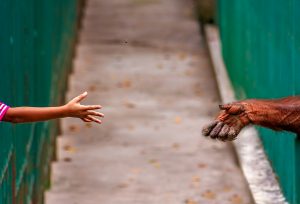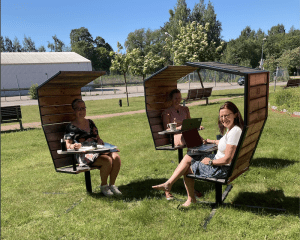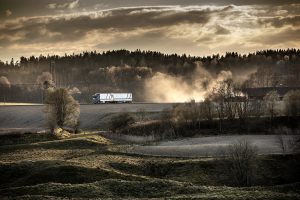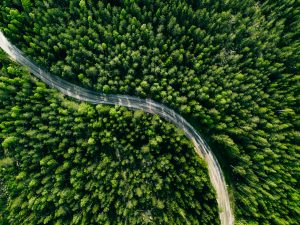Thoughts

This year’s Christmas gift goes to Musikhjälpen’s “For a world without child labor”
UNICEF reports that one in ten children in the world is exposed to forced labor and that the number is increasing. That’s not the kind of world we want to live in.

Five tips on how to save the world
Is it enough to deliver five tips for companies to be able to switch to sustainable business? We think three is enough. One of them is to stop waiting for the lucky pill. There are no shortcuts.

What can the bream teach us about sustainability?
When Katja did her life cycle analysis of Swedish bream, it turned out that it has as low an environmental impact as legumes. As a mince, it is also fantastically good. Still, we import 72 percent of the fish we eat in Sweden.

We continue to eat pizza
Today, the IPCC releases its climate change assessment report. We know it’s bad. Still, we continue as before. That’s how we work, us humans.

We don’t suffer from things we know nothing about, or?
To cope with the climate crisis, people need to understand what is happening and thereby understand what needs to be done. Education can be the solution.

Sustainable working life and deep ruts
If you want to be the one driving change, you need to climb out of your old ruts and think new. How do you do that?

From asthma and war to carbon dioxide equivalents and Agenda 2030
When VBG Group made the decision to strengthen its focus on sustainability last year, they asked Greengoat for support.

Sunday contemplations about Aichi
I built a bee hotel last weekend. A small flower meadow will also be planted in the old carp pond to help out the poor

Materiality – digging a bit deeper
When Per-Åke Ragnarsson, head of sustainability at Nords International, started mapping carbon dioxide emissions, he had an aha-moment. It turned out that the emissions from staff commuting to and from work are many times higher than the company’s own emissions. A materiality analysis is valuable for all businesses.
